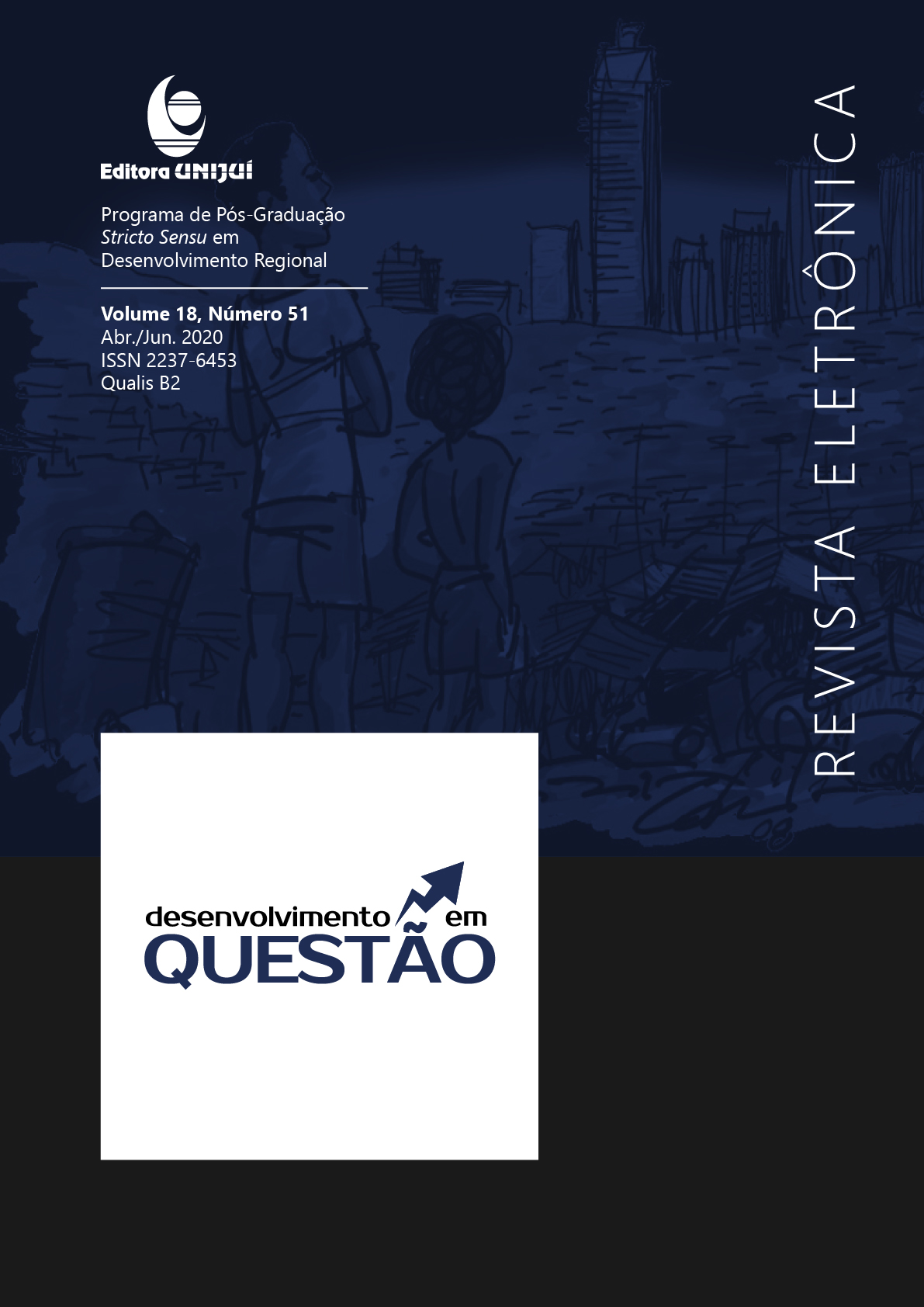Incentivando a Produtividade e a Qualidade na Construção Civil: um debate de programas
DOI :
https://doi.org/10.21527/2237-6453.2020.51.317-330Mots-clés :
Produtividade. Qualidade. Comparação. PBQP-H. PROCOMPI.Résumé
A contribuição potencial da ação dos Programas de Produtividades públicos para o crescimento da economia brasileira tem sido reconhecida. No entanto a realização deste potencial em sua plenitude tem sido uma problemática. Os Programas Produtivos, como o PBQP-H e PROCOMPI, levam as empresas participantes acesso a novos conhecimentos sobre melhorias de processos produtivos e de qualidade, treinamento de mão-de-obra, acesso a novos nichos de atuação, além de facilidade de acesso a financiamentos públicos. Neste contexto o objetivo deste trabalho é identificar os principais resultados dos programas (PBQP-H e PROCOMPI) de incentivo a qualidade e a produtividade. São trabalhados os atributos de usabilidade, custos e limitações. São apresentados os trabalhos considerados de maior importância já publicados, de acordo com a ferramenta de revisão sistemática denominado Methodi Ordinatio. No final, se mostrou que os programas podem ser de grande valia, pois podem incentivar a produção e o crescimento econômico. Paralelamente, são programas que podem qualificar e incentivar as pequenas e médias empresas.
Téléchargements
Publié-e
Comment citer
Numéro
Rubrique
Licence
Ao publicar na Revista Desenvolvimento em Questão, os autores concordam com os seguintes termos:
Os trabalhos seguem a licença Creative Commons Atribuição 4.0 Internacional (CC BY 4.0), que permite:
Compartilhar — copiar e redistribuir o material em qualquer meio ou formato;
Adaptar — remixar, transformar e criar a partir do material para qualquer fim, inclusive comercial.
Essas permissões são irrevogáveis, desde que respeitados os seguintes termos:
Atribuição — Atribuição — os autores devem ser devidamente creditados, com link para a licença e indicação de eventuais alterações realizadas.
Sem restrições adicionais — não podem ser aplicadas condições legais ou tecnológicas que restrinjam o uso permitido pela licença.
Avisos:
A licença não se aplica a elementos em domínio público ou cobertos por exceções legais.
A licença não garante todos os direitos necessários para usos específicos (ex.: direitos de imagem, privacidade ou morais).
A revista não se responsabiliza pelas opiniões expressas nos artigos, que são de exclusiva responsabilidade dos autores. O Editor, com o apoio do Comitê Editorial, reserva-se o direito de sugerir ou solicitar modificações quando necessário.
Somente serão aceitos artigos científicos originais, com resultados de pesquisas de interesse que não tenham sido publicados nem submetidos simultaneamente a outro periódico com o mesmo objetivo.
A menção a marcas comerciais ou produtos específicos destina-se apenas à identificação, sem qualquer vínculo promocional por parte dos autores ou da revista.
Contrato de Licença (para artigos publicados a partir de 2025): Os autores mantêm os direitos autorais sobre seu artigo, e concedem a Revista Desenvolvimento em Questão o direito de primeira publicação.











